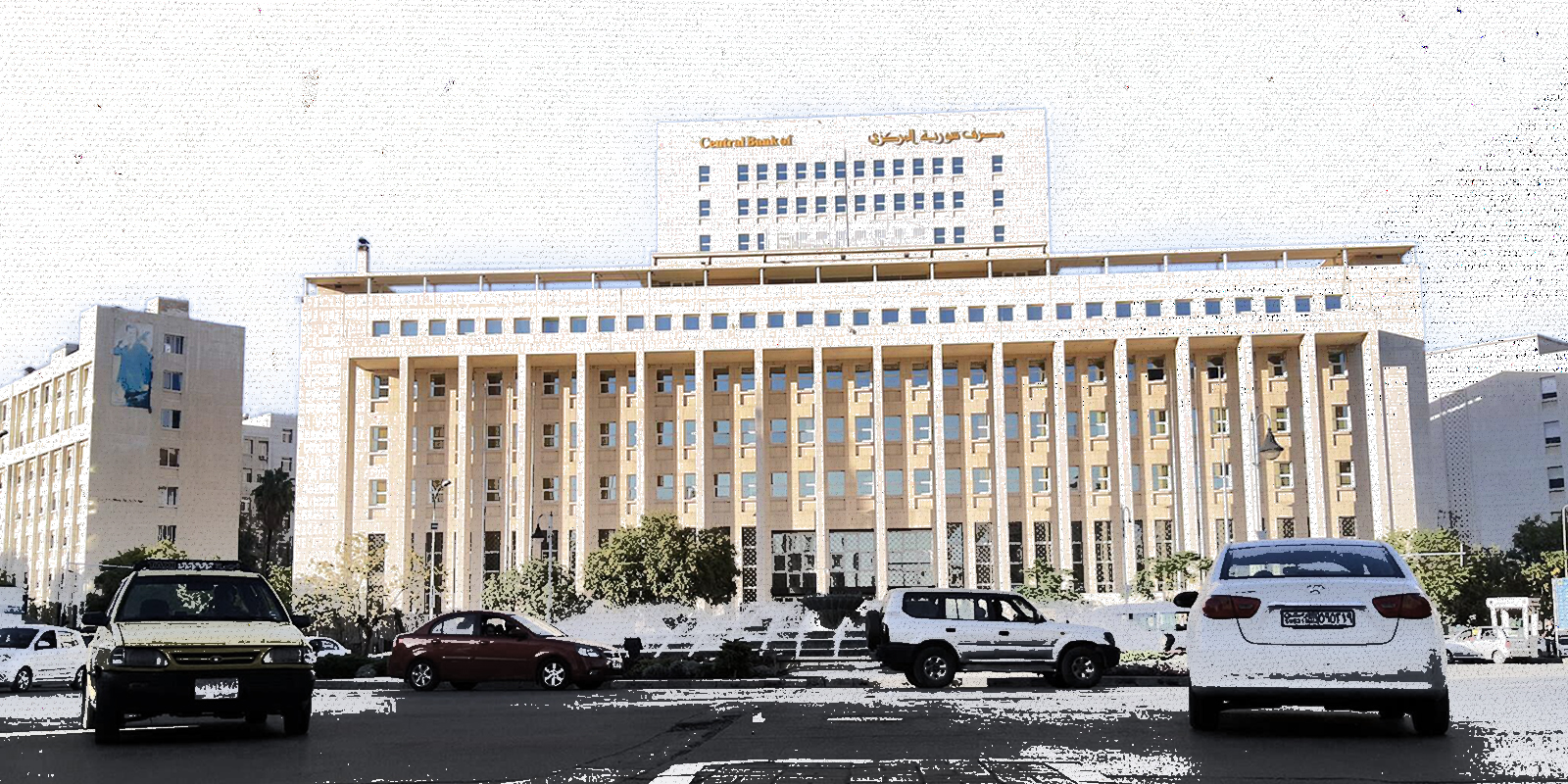In a marked shift from past policy, the Governor of the Central Bank of Syria, Abdul Qader Husariyeh, announced that Syria will not seek foreign loans, in line with directives from President Ahmad al-Sharaa. Framing it as a signal of a new post-war economic vision, Husariyeh pointed to a 30% improvement in the exchange rate of the Syrian pound since the fall of the Assad regime in late 2024, and projected a move toward a unified exchange rate independent of foreign currency pegs. He also confirmed efforts to restore Syria’s access to the SWIFT banking system.
Husariyeh outlined a plan for banking sector reform, including the creation of a deposit insurance institution and the introduction of mortgage loans tailored for expatriates—steps aimed at rebuilding public trust and attracting liquidity. Yet many experts remain sceptical about the viability of such ambitions in the face of deep-rooted economic difficulties.
Foreign Debt: Strategic Rejection or Forced Reality?
Dr. Ihab Ismandar, an economic researcher, warned that rejecting foreign borrowing altogether may be shortsighted. “Debt is not inherently negative—if used wisely to fund productive, strategic projects, it can be a growth engine. But it becomes a burden when repayment capacity is exceeded,” he told 963+. He called for a thorough assessment of all financing options before making such categorical decisions.
According to Ismandar, Syria’s economic base has been hollowed out. Exports have plummeted from $14 billion in 2011 to just $1.2 billion in 2024, and GDP has fallen to around $8 billion. In such a constrained context, he argued, relying solely on domestic production and exports is unrealistic without large-scale investment and an improved business climate.
He also questioned the durability of the recent improvement in the pound’s value, attributing it more to the lifting of sanctions and tight liquidity controls than to real economic recovery. “Without serious reform and increased output, this is likely temporary.”
Exchange Rate Unification: A Steep Climb
Ismandar acknowledged that the Central Bank may be able to unify official exchange rates, but stressed it currently lacks the tools to control the parallel market, citing low reserves and weak public confidence.
He noted that stability in the exchange rate hinges on boosting production and maintaining strong remittance flows, which now cover over 60% of household spending and range between $1.8 and $3 billion annually. Rejoining the SWIFT system, he said, is a positive step but will yield little without broader banking and regulatory reforms.
While he welcomed the idea of deposit insurance, Ismandar emphasised that real confidence in banks can’t return without political stability and a credible, far-reaching reform programme. Similarly, mortgage loans for expatriates may be symbolically important, but “they won’t drive investment or return migration unless there are serious improvements in security and the economic climate.”
Political Messaging or Economic Policy?
Dr. Razi Mohieddin, chairman of Rabitat Consulting, suggested that the announcement of a no-debt policy is more a reflection of Syria’s current isolation and sanctions than a deliberate strategic choice. “It’s as much political theatre as it is economic doctrine—an assertion of sovereignty in the face of limited options,” he told 963+.
Mohieddin proposed alternative financing avenues, including public-private partnerships (PPP), issuing domestic bonds or sukuk, leveraging state assets, and reforming tax collection alongside production stimulation and export revival. Yet, he cautioned, all of these depend on a stable legal and administrative environment—something still largely absent.
While he agreed that production and exports must form the backbone of Syria’s long-term recovery, he stressed that current infrastructure, sanctions, and lack of capital make this vision difficult to realise in the short term. Exchange rate unification, in his view, will require solid reserves and parallel market regulation, as well as a restructuring of the banking sector.
SWIFT and Remittances: Short-Term Lifelines
Mohieddin also highlighted the reactivation of SWIFT as an important milestone, but one that will have limited immediate impact unless regulatory and technical bottlenecks are addressed. For now, he argued, remittances remain the most stable source of hard currency.
For any economic policy to succeed, he insisted, Syria must overhaul its institutional and financial framework, ensure the independence of the Central Bank, fight corruption, and stimulate domestic production. While expatriate loans may boost the housing market, they will not by themselves attract significant investment or rebuild economic confidence unless accompanied by legal guarantees and reasonable interest terms.
Between Hope and Hard Reality
The government’s economic messaging clearly reflects a desire to move beyond dependency on foreign aid and to rebuild trust in Syria’s financial system. But experts warn that such goals will remain aspirational unless matched by concrete steps to expand resources and create a secure, rules-based investment climate.
Ultimately, institutional reform, transparency, and the rule of law are seen as the essential foundations for turning Syria’s economic promises into a post-war reality.
This article was translated and edited by The Syrian Observer. The Syrian Observer has not verified the content of this story. Responsibility for the information and views set out in this article lies entirely with the author.


